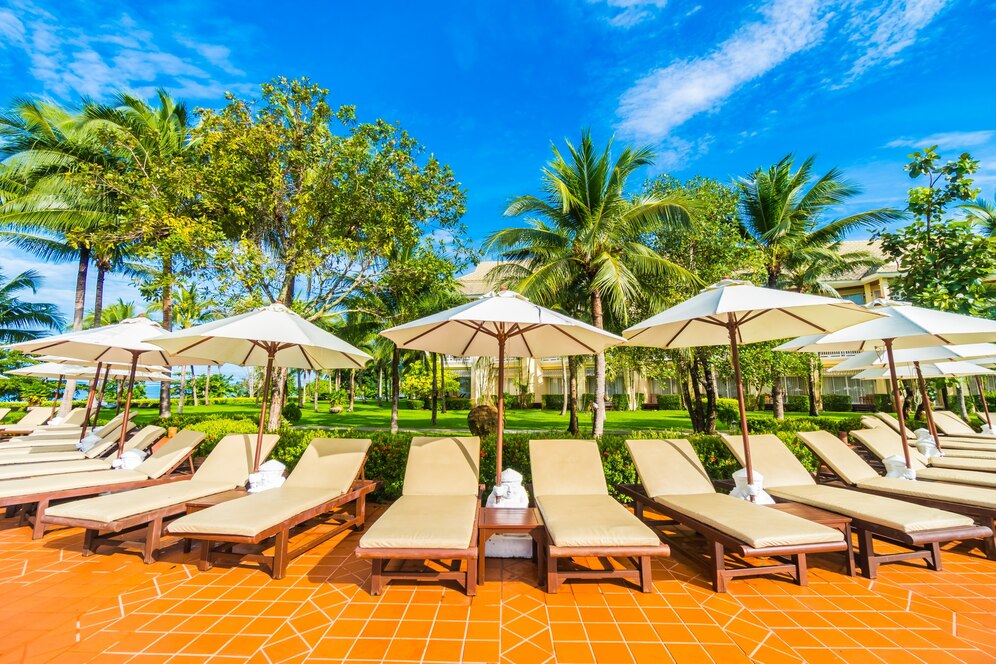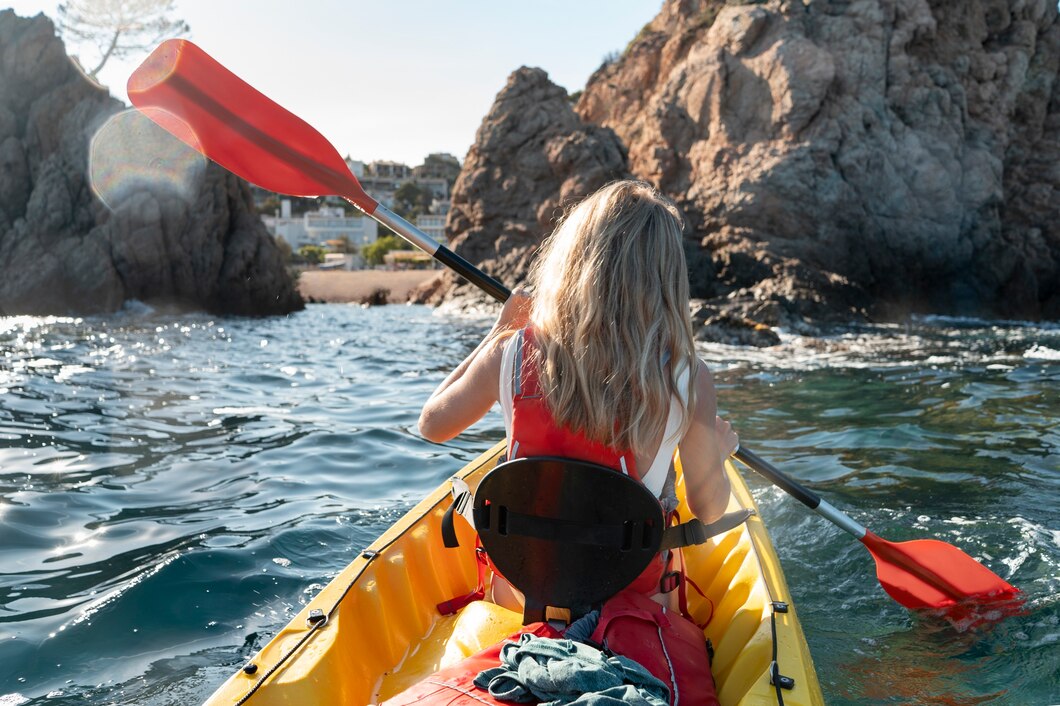How Tourism Can Help Preserve Culture Rather Than Destroy It
Mia Anderson
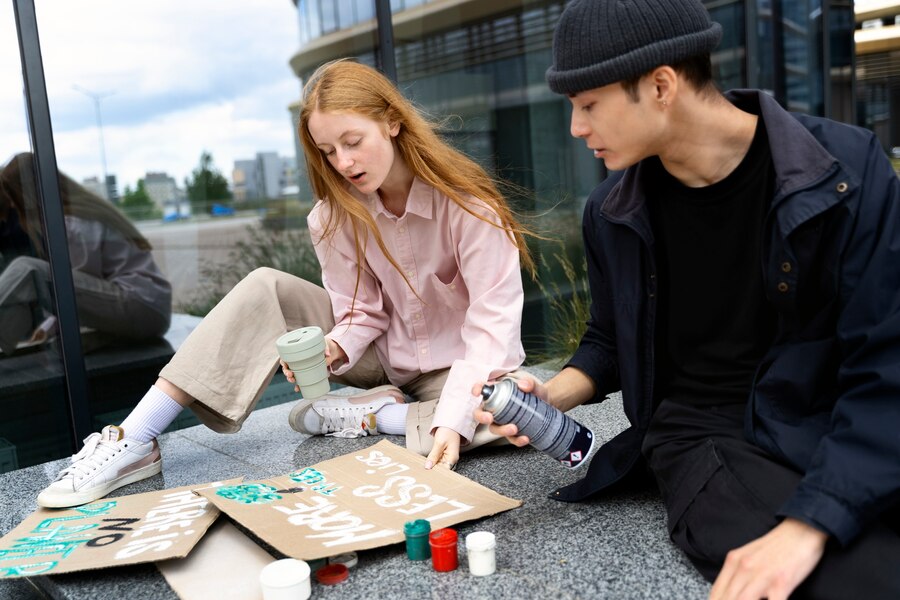
Photo: How Tourism Can Help Preserve Culture Rather Than Destroy It
The relationship between tourism and cultural preservation is a complex one. On one hand, tourism has the potential to showcase and celebrate diverse cultures, bringing economic benefits and a renewed sense of pride to local communities. On the other hand, if not managed sustainably, tourism can dilute and distort local cultures, threatening their very existence. This article explores the delicate balance between tourism and cultural preservation, offering insights into how the former can support the latter, while also highlighting the pitfalls to avoid.
Tourism as a Force for Good in Cultural Preservation
Tourism, at its core, is about people seeking new experiences and immersing themselves in different environments and cultures. When done responsibly, tourism can play a pivotal role in preserving and promoting cultural heritage.
Firstly, tourism brings visibility to cultures that might otherwise remain unknown or underappreciated. It provides a platform for local communities to showcase their traditions, arts, crafts, and histories to a global audience. This visibility can foster a sense of pride and recognition, encouraging locals to continue practicing and preserving their cultural heritage.
For example, consider the small island of Atauro in Timor-Leste. Through encouraging tourists to visit local arts and crafts markets, the community has experienced a boost in morale and economic support. As tourists appreciate and purchase their goods, locals are empowered to continue creating and innovating within their cultural traditions. This simple act of inclusion in the tourism experience helps preserve their cultural heritage and ensures it remains a vibrant part of their community.
Secondly, tourism can provide economic incentives for cultural preservation. When managed sustainably, tourism revenue can fund the conservation of historical sites, traditional practices, and natural habitats associated with a particular culture.
A great example of this is the Beirut Housing Rehabilitation and Cultural and Creative Industries project, led by UN-Habitat. Through this initiative, UNESCO supervises the allocation of small grants to local artisans, supporting the regeneration of the historical train station in Mar Mikhael using traditional building techniques. This project not only restores a significant cultural site but also revitalizes the surrounding cultural markets and businesses, ensuring their longevity.
Additionally, tourism can serve as a powerful educational tool. Cultural heritage tourism attracts visitors who are inherently curious and eager to learn about the destinations they visit. This presents an opportunity to teach and share knowledge about a culture's history, traditions, and challenges.
For instance, UNESCO's World Heritage Sustainable Tourism Toolkit provides a comprehensive guide for site managers, authorities, and the tourism industry to understand and promote sustainable tourism at World Heritage Sites. By offering step-by-step guidance and real-world case studies, this toolkit enhances visitors' experiences and ensures the preservation of these invaluable cultural sites.
Balancing Tourism and Cultural Preservation
While the potential benefits of tourism for cultural preservation are significant, it is essential to acknowledge the potential drawbacks and implement careful management strategies.
One of the primary concerns is the commodification and dilution of culture. When cultural experiences are altered or staged to cater to tourist expectations, authenticity is lost. This not only disappoints tourists seeking genuine encounters but also erodes the meaning and value of the cultural offering for the host community.
To address this issue, management systems, guidelines, and design solutions must be implemented during the tourism product development process. By prioritizing local community engagement and understanding their attitudes and perceptions of tourism, governments and tourism operators can develop experiences that are sensitive to cultural preservation.
Additionally, it is crucial to strike a balance between catering to tourists and preserving intangible cultural heritage. Intangible cultural heritage refers to the practices, representations, expressions, knowledge, and skills that communities recognize as part of their cultural heritage. This includes oral traditions, performing arts, social practices, rituals, festive events, knowledge of nature, and traditional craftsmanship.
By involving local communities in the tourism experience, whether through performances, workshops, or interactive demonstrations, tourists can gain valuable insights into these intangible aspects of culture. This type of cultural exchange not only provides an authentic experience for visitors but also ensures that these invaluable aspects of a culture are preserved and shared with the world.
Community Empowerment and Ownership
At the heart of successful cultural preservation through tourism is community empowerment and ownership. It is essential that local communities have a sense of agency and benefit directly from tourism initiatives. This ensures that cultural heritage is preserved in a way that aligns with the community's values and aspirations.
One way to achieve this is through the development of community-based tourism enterprises, where locals are involved in decision-making processes and benefit economically from tourism revenue. This can foster a sense of stewardship for cultural heritage and ensure that tourism is managed sustainably, with the community's best interests at heart.
Additionally, providing training and capacity-building programs can empower individuals to become guardians of their natural and cultural heritage. For example, the Hammayah training program in AlUla is empowering thousands of individuals to protect and promote their natural and cultural heritage.
Conclusion
Tourism has the potential to be a powerful force for cultural preservation, but it requires careful management and a deep respect for local communities and their heritage. When done right, tourism can enhance the visibility and vitality of cultures, provide economic incentives for preservation, and offer educational benefits to both visitors and locals.
By implementing sustainable practices, prioritizing community engagement, and striving for authenticity, the negative impacts of tourism on cultural preservation can be mitigated. Ultimately, finding this balance ensures that tourism enriches our world, rather than diminishes it.
Marketing
View All
January 22, 2025
The Future of Digital Marketing RevealedExplore where digital marketing is headed in the next decade. From AI to VR, see what’s shaping the future of online marketing. Don’t get left behind!
Mia Anderson

January 25, 2025
Email Marketing in the Digital AgeUnlock the power of email marketing with modern strategies tailored for the digital age. Connect with your audience like never before!
Mia Anderson
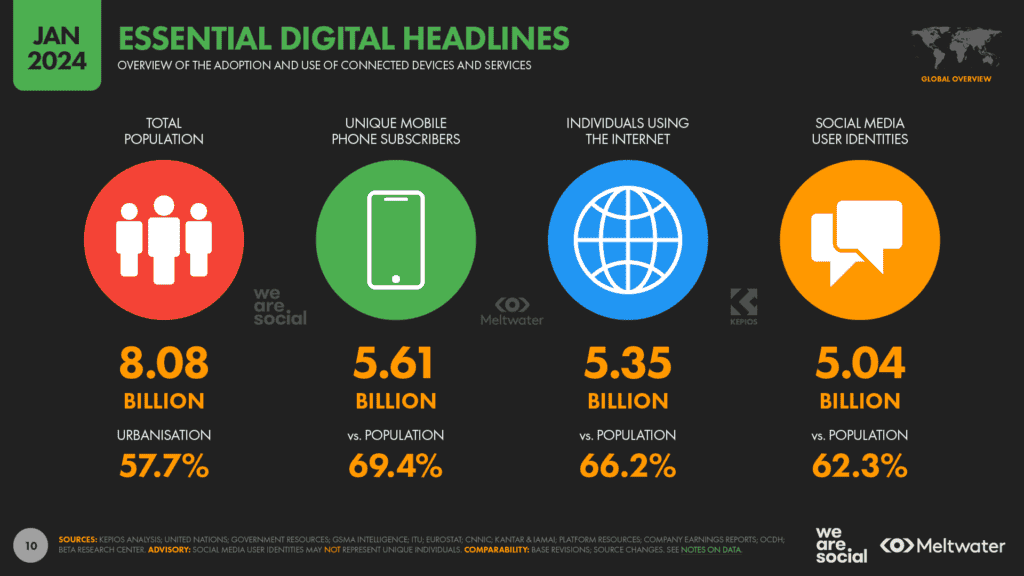
January 23, 2025
Social Media in Digital Marketing 2024Learn how social media is revolutionizing digital marketing in 2024. Boost your brand with actionable tips for viral campaigns!
Mia Anderson
Entertainment
View AllDiscover proven strategies for monetizing your blog in 2024. Learn how to boost revenue effectively. Read now for actionable insights and start earning today!
Mia Anderson
Learn how influencer marketing is used by the entertainment sector to generate buzz and increase engagement. Discover the keys to campaign success, as well as how to choose the proper influencers and produce interesting content.
Mia Anderson
Discover how Netflix is revolutionizing film distribution and what it means for the future of cinema. Don’t miss out on this industry-shaping insight click now!
Mia Anderson
Discover the best online gaming platforms that offer unparalleled gameplay. Click now to find your perfect match and elevate your gaming experience.
Mia Anderson
Automotive
View AllDiscover the latest innovations in lightweight materials for EVs. How do these advancements improve performance and efficiency?
Read MoreUncover why Dealer Daily is revolutionizing the auto industry. Gain a competitive edge with these powerful strategies.
Read MoreLearn why solid-state batteries could be the game-changer for electric vehicles. What are the upcoming breakthroughs?
Read MorePolular🔥
View All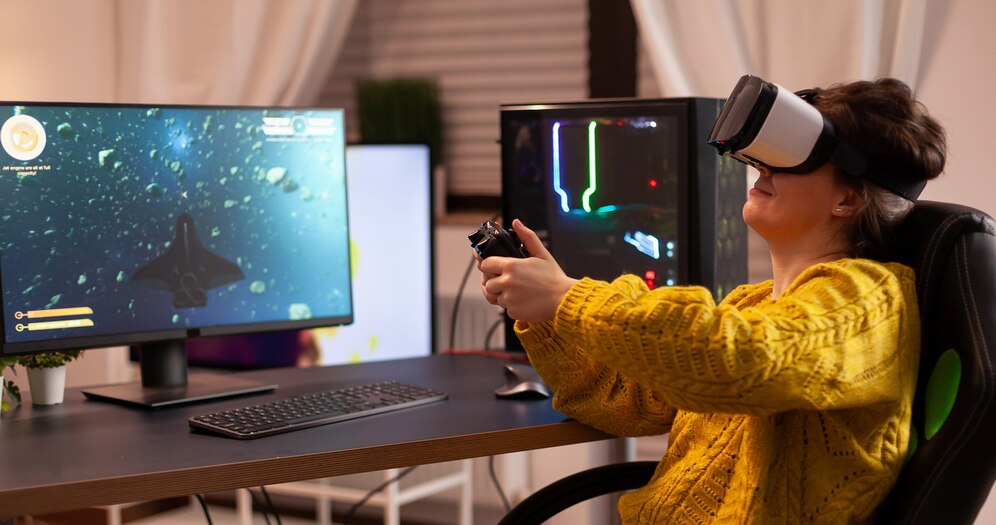
1
2
3
4
6
7
8
10
Technology
View All
November 8, 2024
Top 10 Must-Have Gadgets for 2024
Explore the top 10 must-have gadgets of 2024! From cutting-edge tech to everyday essentials, upgrade your gear now. Don’t miss out!

December 21, 2024
The Best Budget Tech for 2024 – How to Get Quality Without Breaking the Bank
Discover high-quality tech without the high price tag! Click to explore the best budget gadgets and save big in 2024.

August 12, 2024
The Best Help Desk Software for Small Businesses: Top Picks
Elevate your small business with the best help desk software! Discover our top picks for simple, efficient, and cost-effective solutions to streamline your customer support and boost growth.
Tips & Trick



